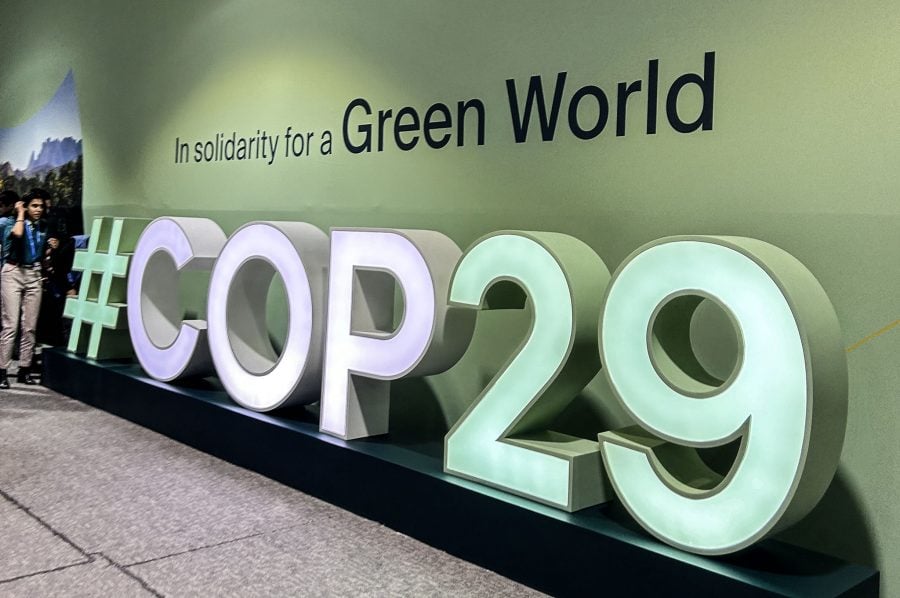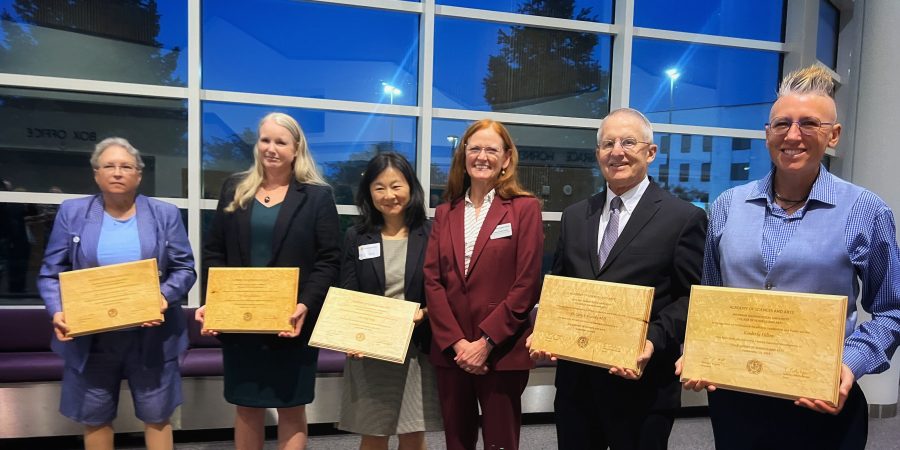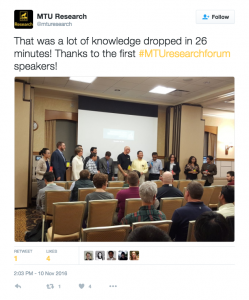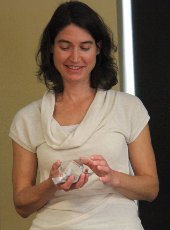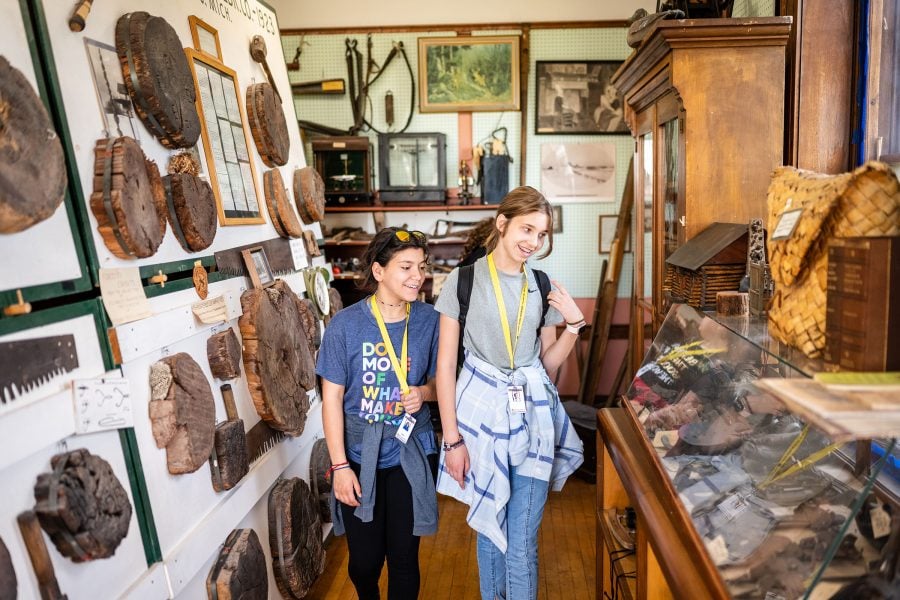
Registration is now live for Michigan Tech’s 2026 Summer Youth Programs. Each summer, nearly 1,000 middle and high school students from around the world immerse themselves in hands-on learning through week-long career explorations designed to help them discover college pathways and real-world opportunities. Whether they’re noodling over neuroscience, curious about chemistry, or enthusiastic about ecology, the extraordinary courses include many offerings in the College of Sciences and Arts (CSA).
